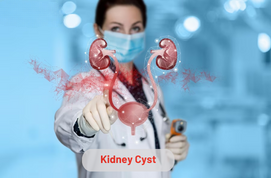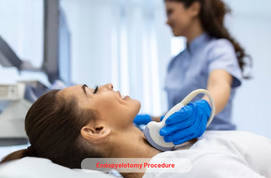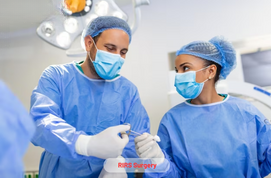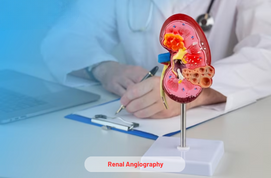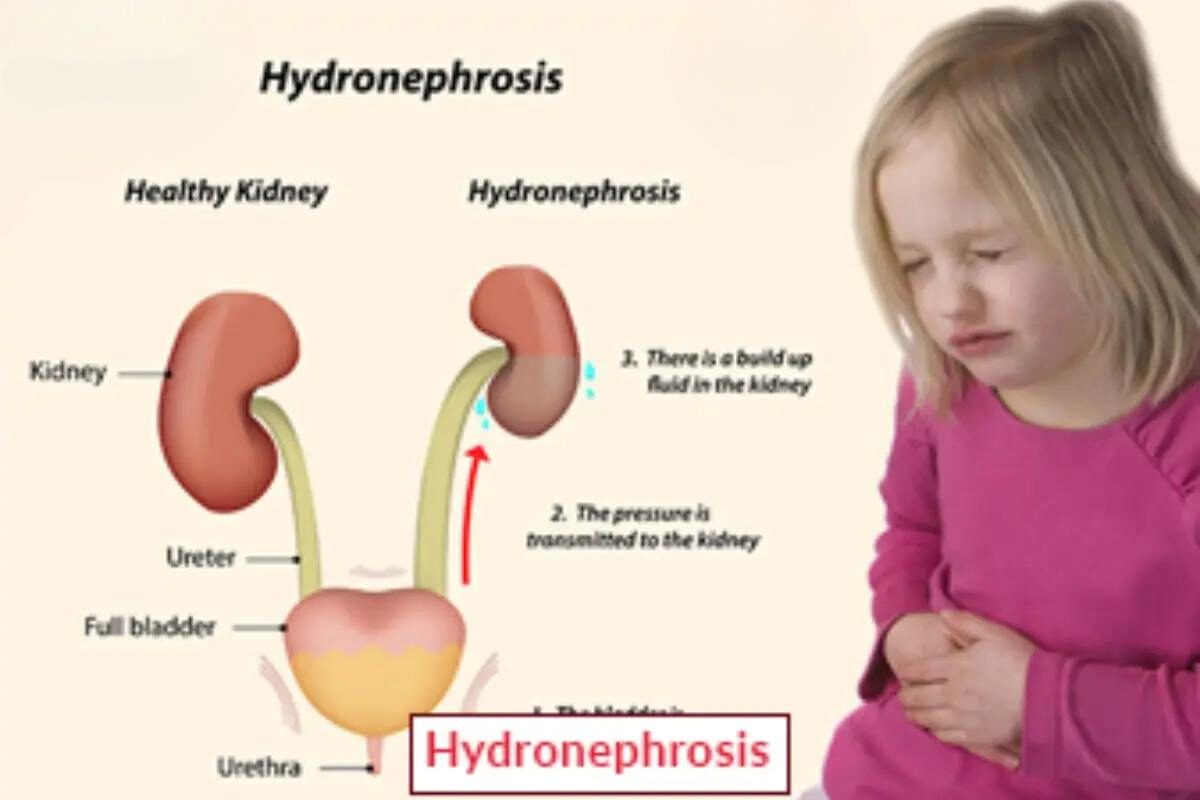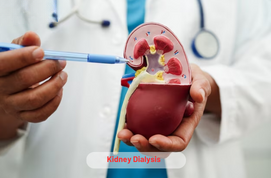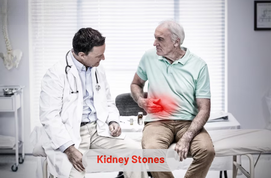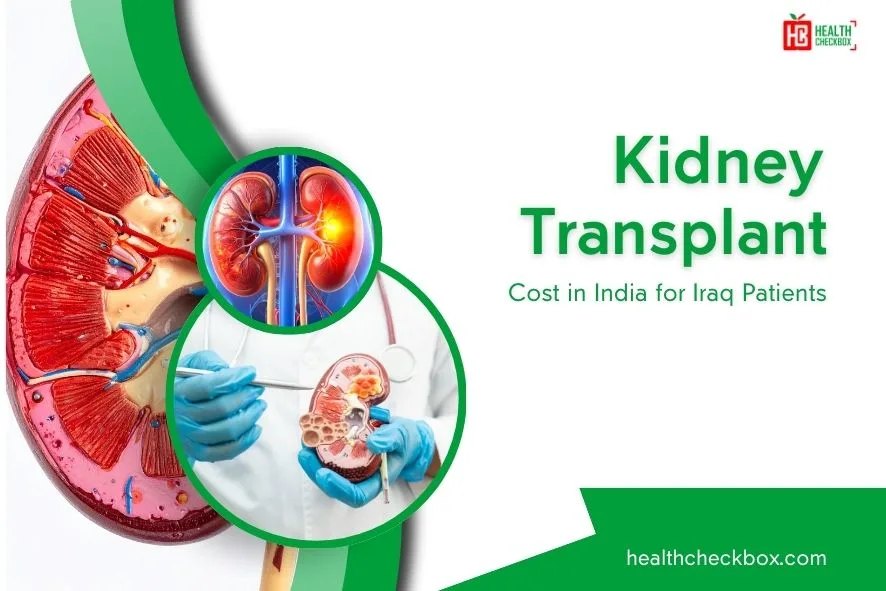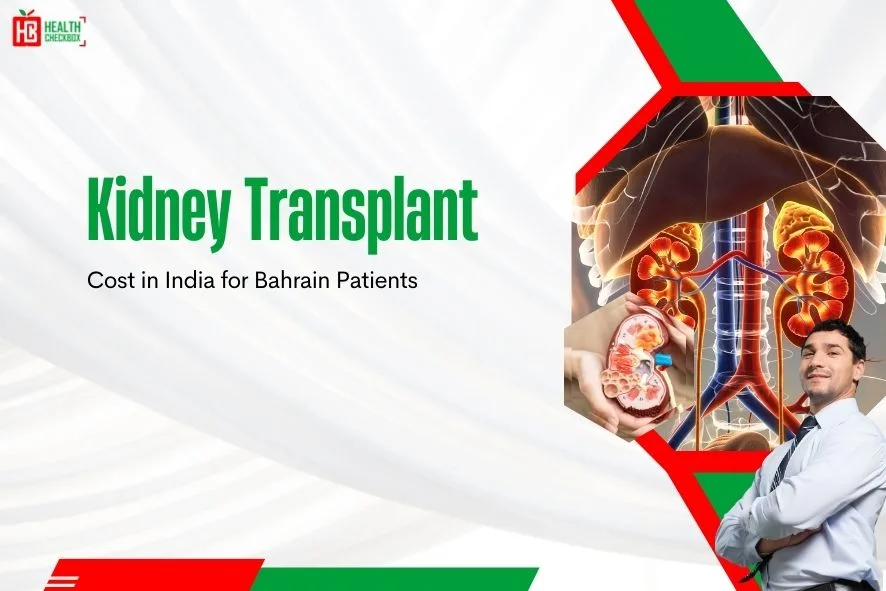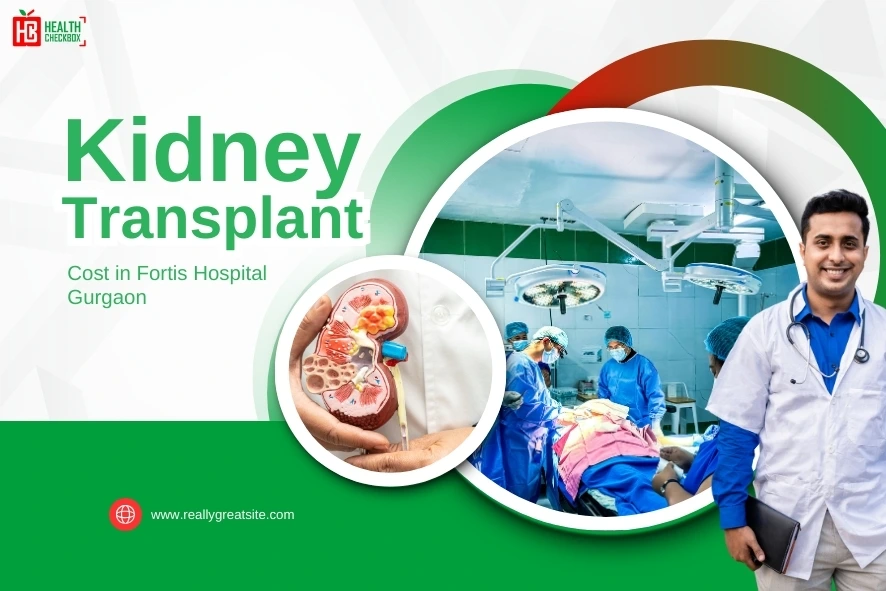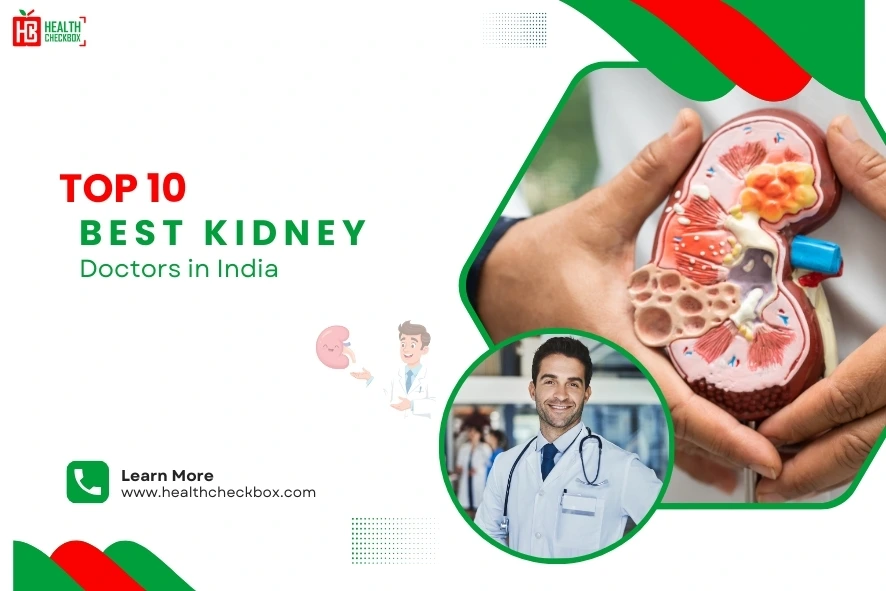A kidney cyst is a fluid-filled pouch. It evolves inside the kidney. These excretory organs are in the shape of a bean. Urine is the waste product that the kidneys remove from the body. Normally kidney cysts are non-cancerous and usually asymptomatic. But cysts that are big can cause pain and discomfort. Simple kidney cysts do not need treatment unless they produce symptoms. Complex cysts may require additional monitoring or management. Imaging studies, such as ultrasounds and CT scans, aid in diagnosis. For symptomatic cysts, management options include observation and drainage methods, with surgical intervention contemplated in bigger or more difficult instances.
Types
Normally we have 2 types. Mostly kidney cysts are simple ones.
- Simple
- Complex
Causes
Medical experts are not certain what causes simple kidney cysts. In fact, many people who have these cysts are not aware about them. These cysts are a problem if they rupture or break open. Then they bleed, and can grow large so that they can put pressure on other organs or tissues. Simple kidney cysts can include:
- Aches or pains in your back, stomach, or between your hips and ribs.
- Urination that is regular. And the urgency to pee more than usual.
- Your urine may be black or include blood.
- Fever.
The location of the cyst may have an impact on your kidney’s working. If the cyst stops the kidneys from filtering excess fluid from your blood, it can also result in a form of high blood pressure.
Symptoms
Simple kidney cysts normally do cause symptoms and can include:
1. Irritation or pain:
- Large kidney cysts can cause pain or discomfort in the back or side, near the kidneys. The pain may be subtle or intense, and its strength can vary.
2. Pain in abdomen:
- Cysts that compress adjacent organs or block normal kidney function can produce abdominal pain or discomfort, contributing to a sense of heaviness.
3. Hematuria:
- Cysts can induce bleeding within the kidney. It may result in the presence of blood in urine. This ill-health can produce pink, red, or brown urine.
4. High blood pressure:
- Kidney cysts can cause an increase in blood pressure, that may lead to hypertension. Managing blood pressure becomes critical to avoiding problems.
5. An Urgency to urine:
- Cysts can increase pressure on the bladder. This may result in frequent urination.
Risk Factors
Older people are more likely to acquire this condition. People who are 40 years old are 25 % likely to acquire this condition. Whereas 50 year males are 50 % more at risk of acquiring this ill-health. Men are at more risk of getting this condition.
Some ill-healths that cause this condition are:
- Polycystic kidney disease.
- Chronic kidney disease.
- Von Hippel-Lindau disease.
Complications
Cysts typically are not any big issue. But occasionally, they may result in:
- Infection within the cyst
- Ruptured cyst,
- Renal obstruction,
- Elevated blood pressure
Diagnosis & Tests
Healthcare experts on finding a cyst, may request more tests to determine whether it is simple or complex.
a) Ultrasound:
- It uses high-frequency sound waves and echoes. These create images of your kidneys.
b) Computed tomography:
- X-rays are utilized here. It creates clear images of your excretory organs.
c) Magnetic resonance imaging:
- A powerful magnet, radio waves, and computer processing, all of these are used to get detailed images of your excretory organs. This test can identify the cysts filled with fluid and solid aggregates.
d) Kidney function tests:
- Blood and urine tests allow your doctor to find out the health of the kidneys, and if the cyst is hurting them.
Procedure
The size and symptoms of kidney cysts determine the treatment strategy. The treatment process is as follows:
- Kidney cysts that are tiny may not require active care. Besides, healthcare practitioners may take a wait-and-see approach. The cyst size and the excretory organ function is monitored. It is done by periodic imaging and laboratory testing.
- If the kidney cyst causes pain or discomfort, over-the-counter pain relievers may be recommended. And prescription drugs also come to rescue if pain is immense. Applying heat to the affected area, can also bring about relief.
- When larger cysts cause persistent discomfort or other issues, a healthcare physician may perform a technique known as cyst aspiration. This procedure includes emptying fluid from the cyst using a tiny needle, which provides temporary relief. However, cysts might re-accumulate, necessitating additional treatments.
- If the cysts are big, cause considerable symptoms, or impair kidney function, surgical intervention may be considered. Surgical decortication is the removal of the cyst’s outer wall. And at the same time, it conserves healthy renal tissue.
- The entire cyst can be surgically removed using either laparoscopic or open surgery. The former uses tiny incisions. This is done to allow for a faster recovery than standard open surgery.
Preventive Tips
It is impossible to do away with a simple kidney cyst. The only way to lower your risk is to:
- Drink a lot of water.
- Limit your salt content in the diet.
- Manage chronic health issues such as diabetes or hypertension .
Discuss the ideal ways to take care of your excretory organs with your healthcare physician.
Latest Health Tips
Kidney Transplant Cost in India for Qatar Patients
Kidney Transplant Cost in India for Bangladesh Patients
Kidney Transplant Cost in India for Oman Patients
Kidney Transplant Cost in India for Kuwait Patients
Kidney Transplant Cost in India for Iraq Patients
Kidney Transplant Cost in India for Bahrain Patients
Kidney Transplant Cost in Fortis Hospital Gurgaon
Top 10 Best Kidney Doctors in India
Submit Your Enquiry
Testimonials








